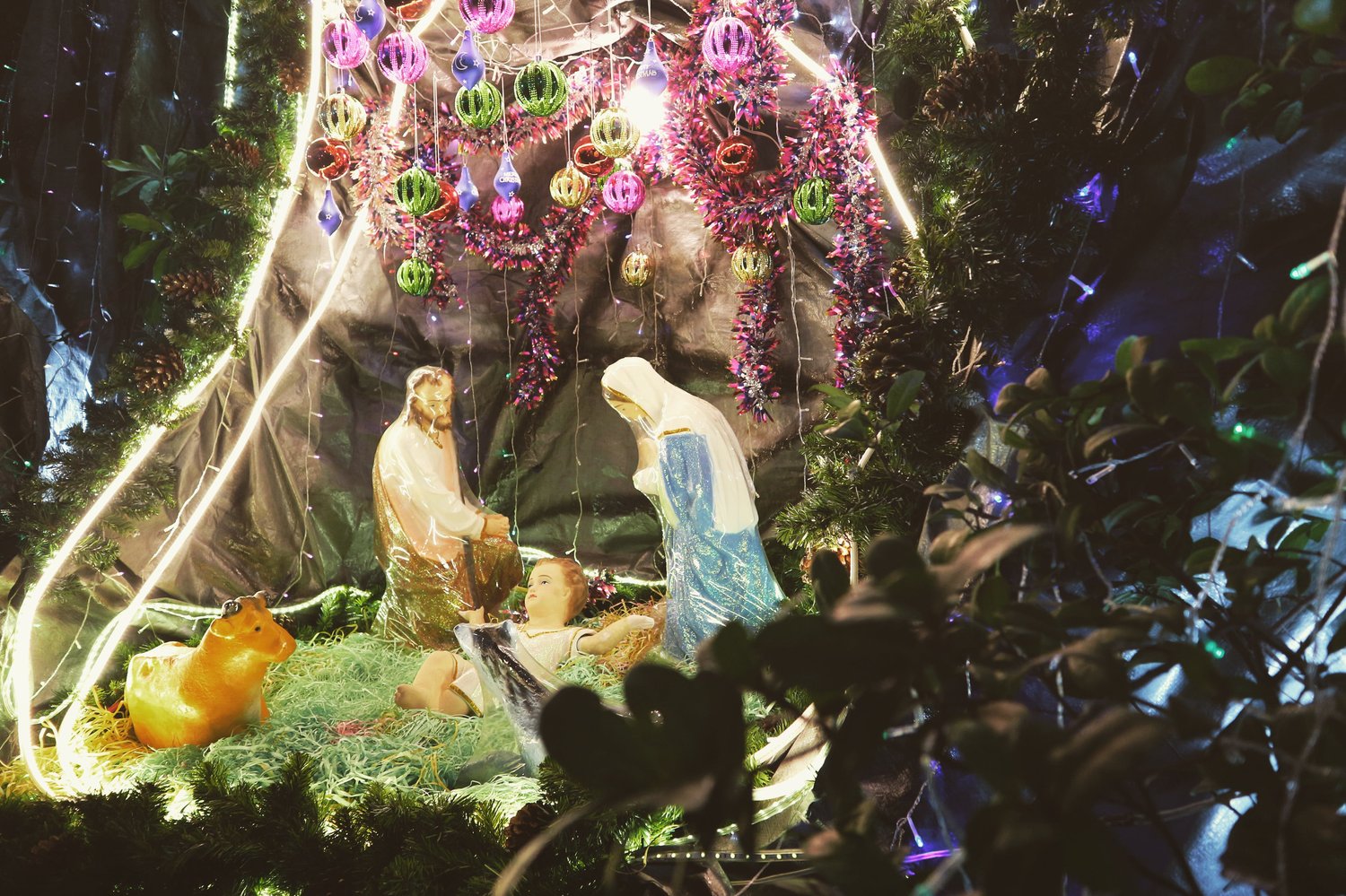'Tis the season to be jolly, adorned with twinkling lights and festive decorations. But have you ever wondered about the origins of Christmas? Join us on a journey through time as we unwrap the layers of history that have shaped this beloved holiday.
Ancient Roots: Winter Celebrations
Christmas finds its roots in ancient winter celebrations that predate Christianity. Many cultures celebrated the winter solstice, the shortest day and longest night of the year, with festivities to welcome the return of longer days and the sun's renewed strength.
Roman Influence: Saturnalia and Sol Invictus
The Romans contributed to the Christmas tapestry through two key celebrations: Saturnalia and Sol Invictus. Saturnalia, a week-long festival honoring the god Saturn, was marked by feasting, gift-giving, and a temporary reversal of social roles. Sol Invictus, the "Unconquered Sun," celebrated the sun god's triumph over darkness on December 25th.
Christian Adoption: Birth of Christ
In the 4th century, Christianity began to gain prominence, and church leaders sought to establish a Christian festival during the same time as existing pagan celebrations. December 25th was chosen to commemorate the birth of Jesus Christ, combining religious significance with existing winter festivities.
Medieval Merriment: Christmas Traditions Emerge
During the Middle Ages, Christmas evolved with a mix of religious and secular customs. Nativity scenes became popular, and caroling emerged as a way for communities to celebrate together. The Yule log, a symbol of warmth and light, was a central feature in medieval Christmas celebrations.
Puritan Period: Christmas Banned
In the 17th century, Puritans in England and early American colonies disapproved of Christmas, viewing it as a pagan-influenced celebration. In fact, Christmas celebrations were banned in England during the mid-17th century under Oliver Cromwell's rule.
Victorian Revival: A Dickensian Christmas
The 19th century saw a revival of Christmas traditions, thanks in part to the influence of Queen Victoria and Prince Albert. Charles Dickens's "A Christmas Carol" played a significant role in shaping the modern image of Christmas as a time for generosity, compassion, and family gatherings.
Commercial Christmas: 20th Century and Beyond
The 20th century witnessed the commercialization of Christmas, with the emergence of iconic figures like Santa Claus and the widespread exchange of gifts. Christmas became a major cultural and economic phenomenon, influencing traditions and festivities around the world.
Global Celebrations: Diverse Traditions
Today, Christmas is celebrated globally with diverse traditions and customs. From the vibrant festivities in Latin America to the tranquil celebrations in Scandinavia, each culture adds its unique flavor to this universal holiday.

As we exchange gifts, share meals, and gather with loved ones, let's remember the rich tapestry of history woven into the celebration of Christmas. From ancient winter solstice rituals to the birth of Jesus Christ and the Victorian-era revival, the origins of Christmas reflect a remarkable journey through time, uniting people across cultures in the spirit of joy and togetherness.


